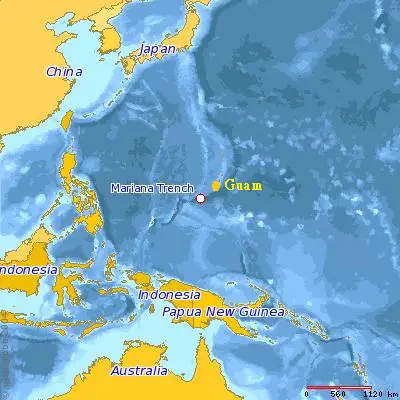A significant role is played the women in the supply chain of fishing, processing, smoking, and ensuring that the fish reaches markets and tables. However, this contribution is often overlooked.
“Women play key roles in fisheries around the world. To ignore those roles is to see only half the picture,” said IMO’s Juvenal Shiundu, during a side event on Women in Fisheries at the Torremolinos Ministerial Conference on safety of fishing vessels in Torremolinos, Spain (21-23 October).
“Available data does not capture the multidimensional nature of the work undertaken by women in fisheries and few policies are developed with women in mind,” Mr. Shiundu said.
In order to raise the awareness about the lack of women in fisheries, an online intiative has been started by IMO under the hashtag #WomenInFisheries including an online photowall.
Examples of the work that is being done in order to support women in fisheries including the organisations that are into networks and associations to give women a stronger voice as well as training were mentioned by the speakers in their speech. Practical steps that can increase the number of women in fisheries which includes organising associations for the fishmongers and providing practical training on salting of fishes and use of improved smoking ovens was highlighted by the Hon Emma Metieh Glassco, Director General, National Fisheries and Aquaculture Authority, Liberia.
Ms. Cherie Morris, representative of the Women in Fisheries Network, Fiji, said that the network was working to give women in fisheries a voice at community level.
Funding has also been collected by the network to collect data. The importance of this data was talked about by many speakers including Dr. Cleopatra Doumbia-Henry, President, World Maritime University (WMU).
“We need to produce data and research on fishing – on fishers and the role that they play and from there look at how we can lift them from poverty,” Dr. Doumbia-Henry said. According to the present estimates from about 40 million that are associated with fishing, only 15% are women. In order to set a benchmark or baseline for the current situation, further research and data collection is required.
However, a great role is played by women in small scale fisheries in the developing countries. Emphasis was also given on the combat of illegal, unregulated and unreported fishing.
There is a lot of work that is to be done in order to include and involve women at the side part of the supply chain of fisheries. For the achievement of greater interagency collaboration between IMO-FAO-ILO, partnerships must be built. This will help improve the visibility and recognition of women in the industry.
Also speaking at the event were: Jane Njeri Grytten, General Manager, Pweza Fishing Operations Management Ltd, Kenya; Maria del Mar Saez Torres of the Spanish Network of Women in the Fisheries Sector (REMSP); Alicia Mosteiro Cabanelas, Fisheries Officer, FAO (Moderator); Christine Bader, ILO; and Helen Buni, IMO (Facilitator).
IMO and the Government of Spaoin organised the event. It was sponsored by the Ministry of Transport of the People’s Republic of China.
Reference: imo
from WordPress https://www.maritimemanual.com/imo-recognises-women-fisheries-increasing-visibility/

No comments:
Post a Comment